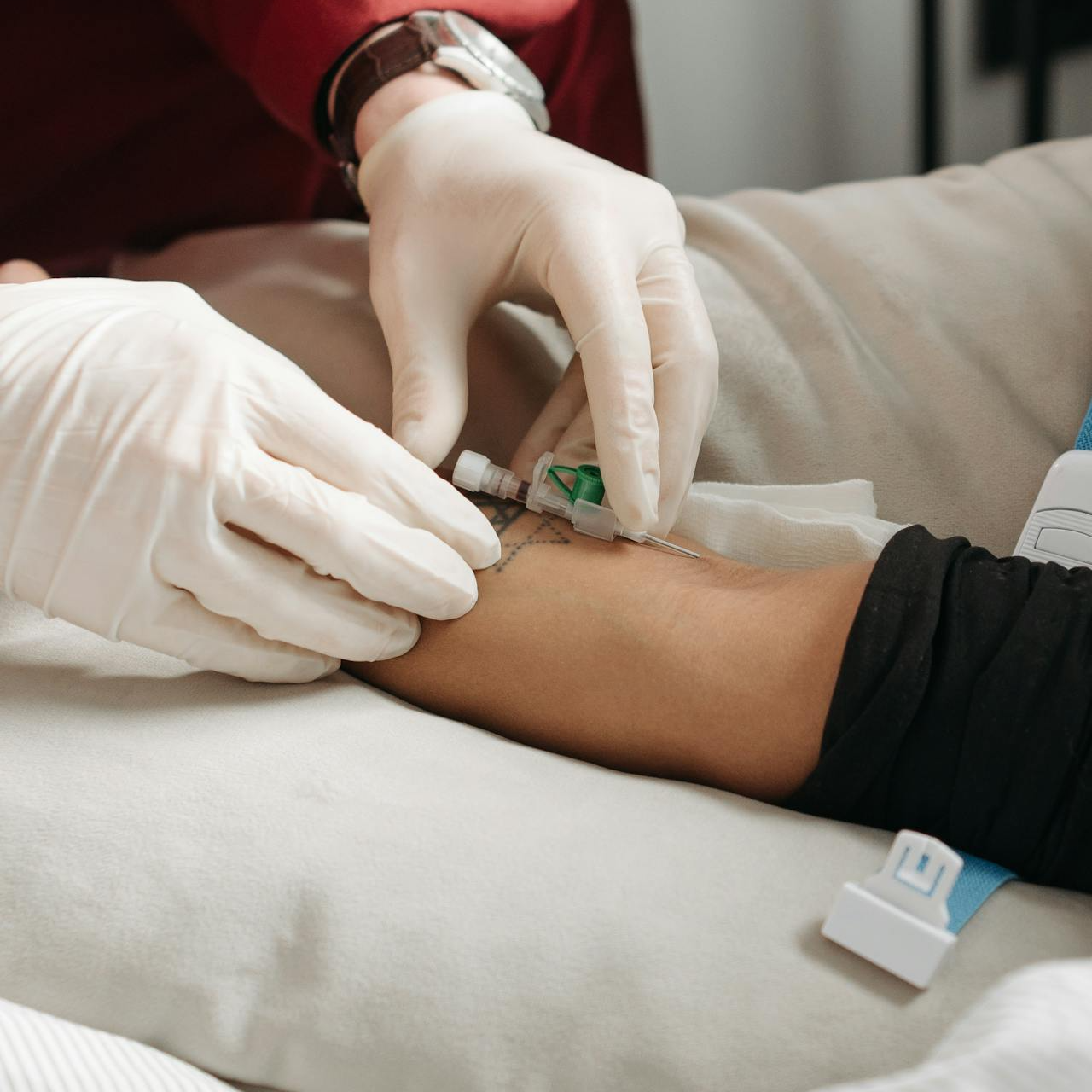Key Takeaways
- Medicare provides comprehensive coverage for various cancer screenings to support early detection and improve treatment outcomes.
- Understanding Medicare’s coverage for specific cancer screenings, such as breast, colorectal, cervical, and prostate cancer, helps beneficiaries take full advantage of preventive services.
Ensuring Early Cancer Detection: What Medicare Covers for Screenings
Early detection of cancer can significantly improve treatment outcomes and survival rates. Medicare, the federal health insurance program for individuals aged 65 and older and certain younger people with disabilities, provides comprehensive coverage for various cancer screenings. These preventive services are crucial for identifying cancer at an early stage, when it is most treatable. This article explores what Medicare covers for cancer screenings, including specific details on screenings for breast, colorectal, cervical, and prostate cancers, as well as other preventive services.
Overview of Medicare’s Preventive Services for Cancer Detection
Medicare’s preventive services are designed to help beneficiaries detect health issues early, including various types of cancer. Medicare Part B covers most preventive services, including cancer screenings, without requiring a deductible or copayment if the provider accepts Medicare assignment. This encourages beneficiaries to take advantage of these screenings, which can lead to early diagnosis and more effective treatment.
Medicare Coverage for Breast Cancer Screenings
Breast cancer is one of the most common cancers among women, and early detection is critical for effective treatment. Medicare provides coverage for mammograms, which are essential for detecting breast cancer early.
Mammograms
Medicare Part B covers mammograms as follows:
- Screening Mammograms: Medicare covers one screening mammogram every 12 months for women aged 40 and older. This includes both 2D and 3D mammograms.
- Diagnostic Mammograms: If a screening mammogram indicates a potential issue or if a woman has symptoms of breast cancer, Medicare also covers diagnostic mammograms, which provide a more detailed image of the breast tissue.
Additional Benefits
By covering regular mammograms, Medicare helps ensure that breast cancer is detected early, when it is most treatable. Women at higher risk for breast cancer, such as those with a family history of the disease, should discuss their screening schedule with their healthcare provider to determine if more frequent screenings are necessary.
Understanding Medicare’s Coverage for Colorectal Cancer Screenings
Colorectal cancer is another common cancer that can be effectively treated if detected early. Medicare covers several types of screenings for colorectal cancer, catering to different risk levels and patient needs.
Types of Screenings
Medicare Part B covers the following colorectal cancer screenings:
- Fecal Occult Blood Test (FOBT): Medicare covers this test once every 12 months for beneficiaries aged 50 and older. This test detects hidden blood in the stool, which can be an early sign of colorectal cancer.
- Flexible Sigmoidoscopy: This test is covered once every 4 years, or once every 10 years after a previous colonoscopy, for beneficiaries aged 50 and older. It allows the doctor to examine the lower part of the colon.
- Colonoscopy: Medicare covers this test once every 10 years for beneficiaries at average risk, or once every 2 years for those at high risk. Colonoscopies allow the doctor to examine the entire colon and remove polyps or biopsy suspicious areas.
- Barium Enema: This test is covered once every 4 years for beneficiaries aged 50 and older, or once every 2 years for those at high risk. It uses a barium solution to provide X-ray images of the colon.
- Multitarget Stool DNA Test: Covered once every 3 years for beneficiaries aged 50 to 85 who are asymptomatic and at average risk for colorectal cancer. This test detects DNA markers and blood in the stool.
Importance of Screening
Regular colorectal cancer screenings can detect precancerous polyps, allowing for their removal before they develop into cancer. Early detection of colorectal cancer significantly increases the chances of successful treatment and survival.
How Medicare Supports Cervical Cancer Screenings
Cervical cancer can be detected early through routine screenings, which are essential for women’s health. Medicare provides coverage for cervical cancer screenings to help identify this cancer in its early stages.
Pap Smear and Pelvic Exam
Medicare Part B covers the following for cervical cancer screening:
- Pap Smear: Covered once every 24 months for all women, and once every 12 months for women at high risk or of childbearing age with an abnormal Pap test in the past 36 months. The Pap smear detects abnormal cells in the cervix that could develop into cancer.
- Pelvic Exam: Typically performed in conjunction with a Pap smear, this exam is also covered under the same schedule. It includes a clinical breast exam.
HPV Testing
Medicare covers human papillomavirus (HPV) testing once every 5 years when performed in conjunction with a Pap smear for women aged 30 to 65 without HPV symptoms. HPV is a significant risk factor for cervical cancer.
Prostate Cancer Screenings Covered by Medicare
Prostate cancer is common among men, particularly as they age. Early detection through screening can lead to better treatment outcomes. Medicare covers specific tests to help detect prostate cancer early.
PSA Test
Medicare Part B covers the prostate-specific antigen (PSA) test once every 12 months for men aged 50 and older. The PSA test measures the level of PSA in the blood, with higher levels potentially indicating prostate cancer or other prostate conditions.
Digital Rectal Exam
Medicare also covers a digital rectal exam (DRE) once every 12 months for men aged 50 and older. During this exam, the doctor checks for abnormalities in the prostate that might indicate cancer.
Additional Cancer Screenings and Preventive Services Provided by Medicare
Beyond the commonly covered screenings for breast, colorectal, cervical, and prostate cancers, Medicare also provides coverage for other cancer-related screenings and preventive services.
Lung Cancer Screening
Medicare covers annual lung cancer screenings with low-dose computed tomography (LDCT) for beneficiaries aged 55 to 77 who have a history of heavy smoking and currently smoke or have quit within the past 15 years. This screening helps detect lung cancer early in high-risk individuals.
Skin Cancer Screening
While Medicare does not cover routine skin cancer screenings, it covers dermatology visits if there is a specific concern or lesion that needs examination. Early detection of skin cancer can lead to more effective treatment.
Hepatitis C Screening
Medicare covers a one-time Hepatitis C screening test for adults born between 1945 and 1965, and for individuals at high risk. Hepatitis C is linked to liver cancer, and early detection can help prevent progression to cancer.
Conclusion
Medicare provides comprehensive coverage for various cancer screenings, supporting early detection and improving treatment outcomes. By taking advantage of these covered screenings, beneficiaries can detect cancer in its early stages, when it is most treatable. Understanding what Medicare covers for breast, colorectal, cervical, prostate, lung, and other cancers can help beneficiaries make informed decisions about their health and ensure they receive the preventive care they need. Regular screenings are a crucial part of maintaining health and preventing serious illness, and Medicare’s extensive coverage makes these lifesaving services accessible to its beneficiaries.
Contact Information:
Email: [email protected]
Phone: 5055553456









